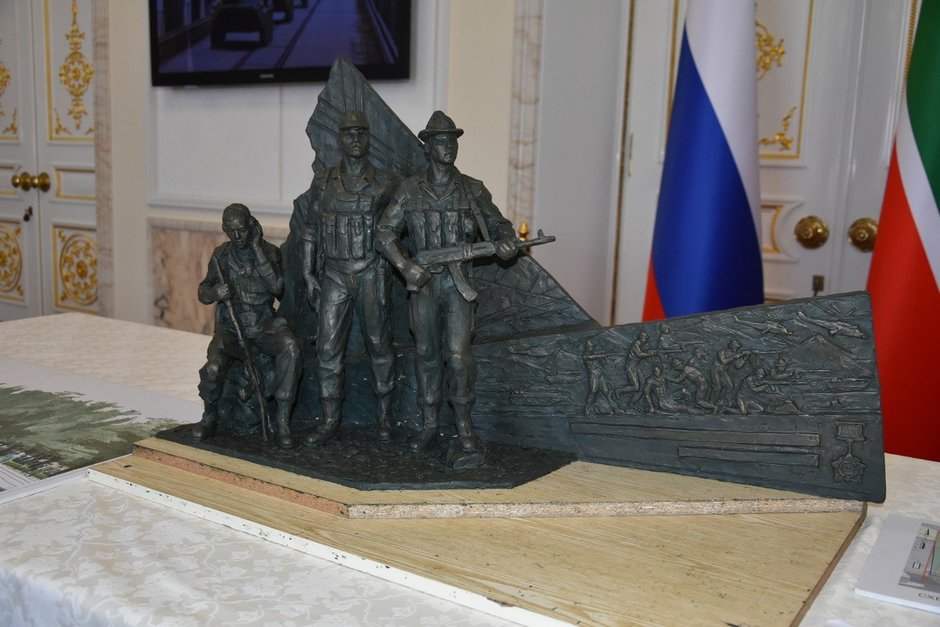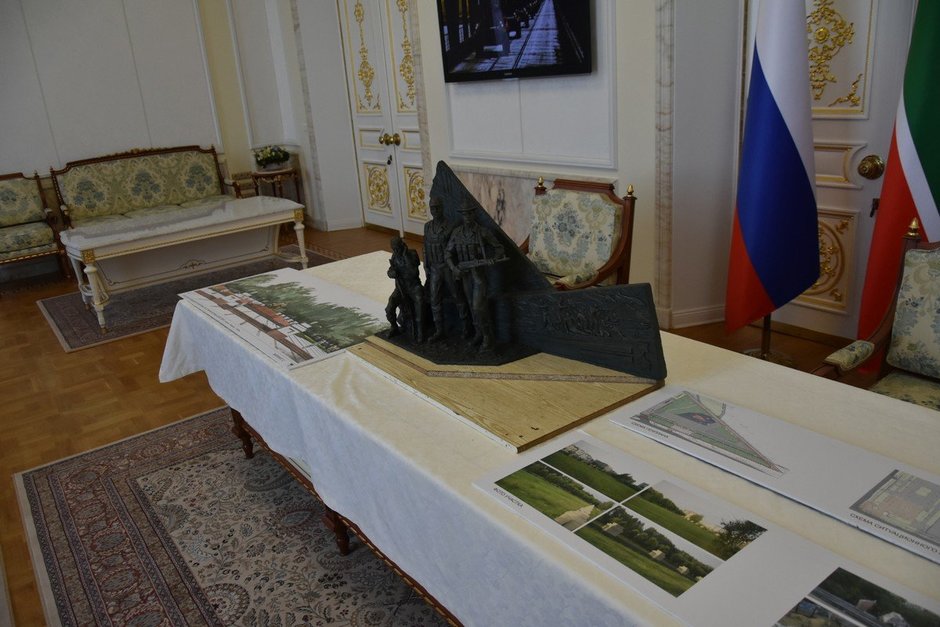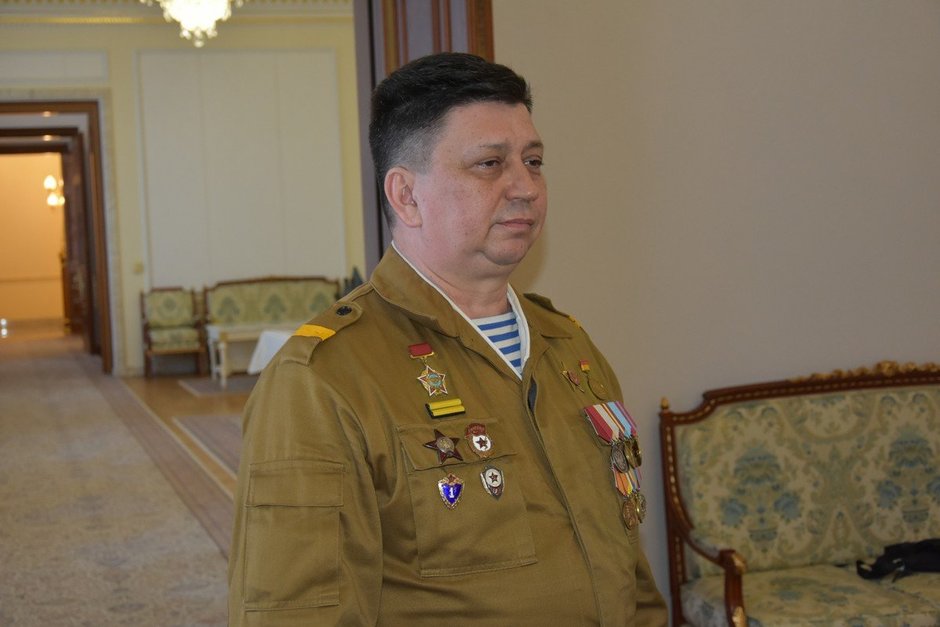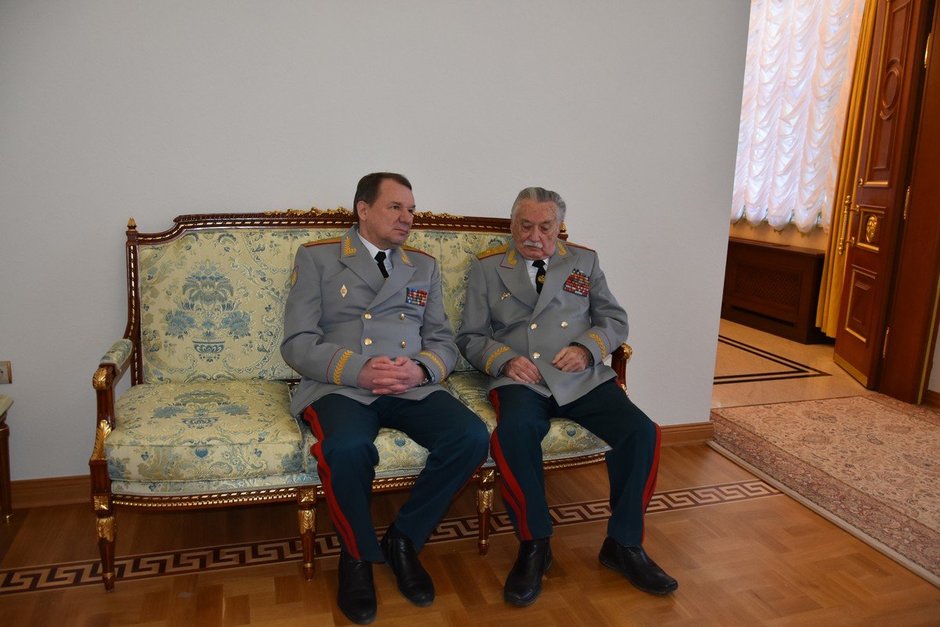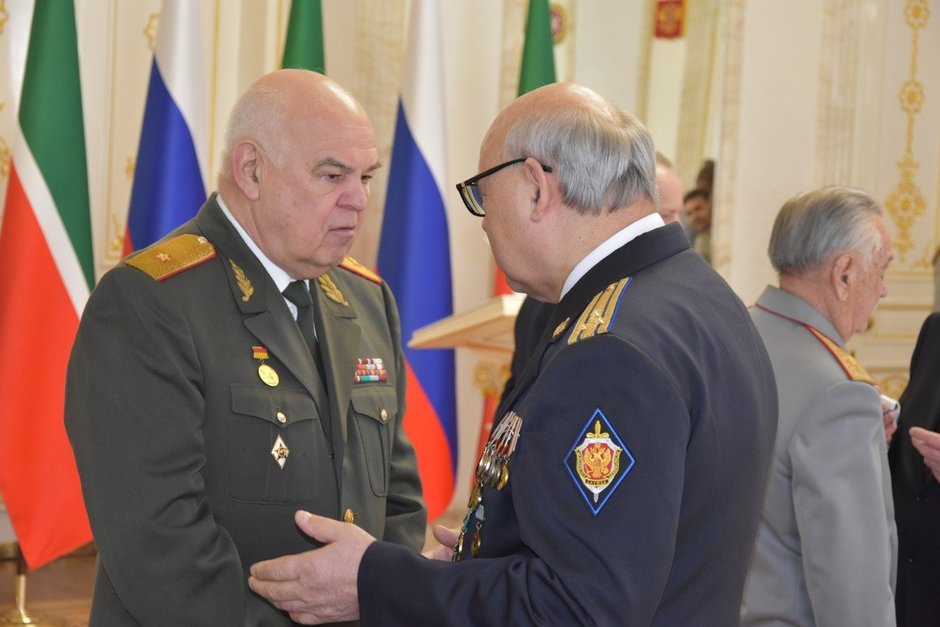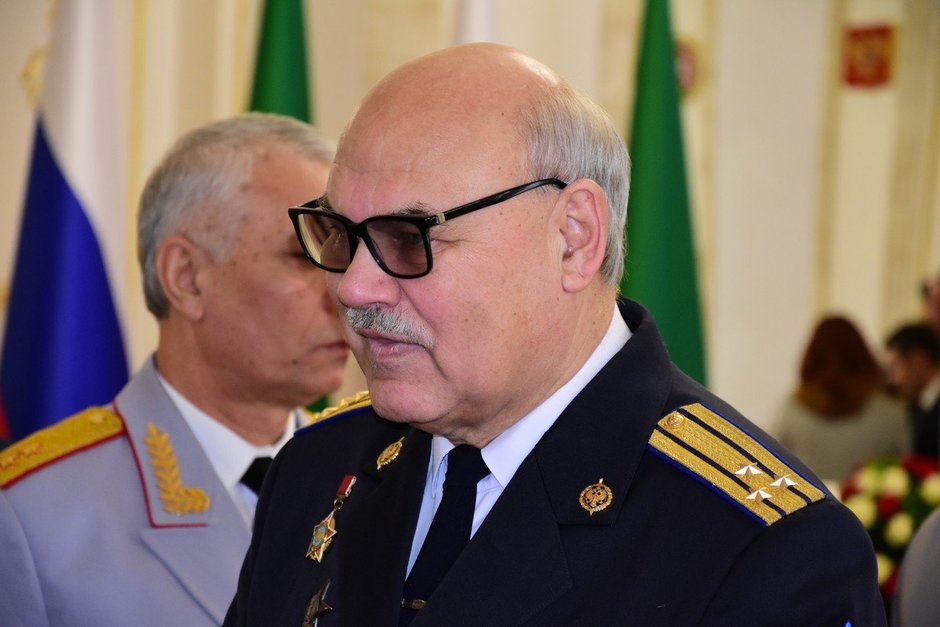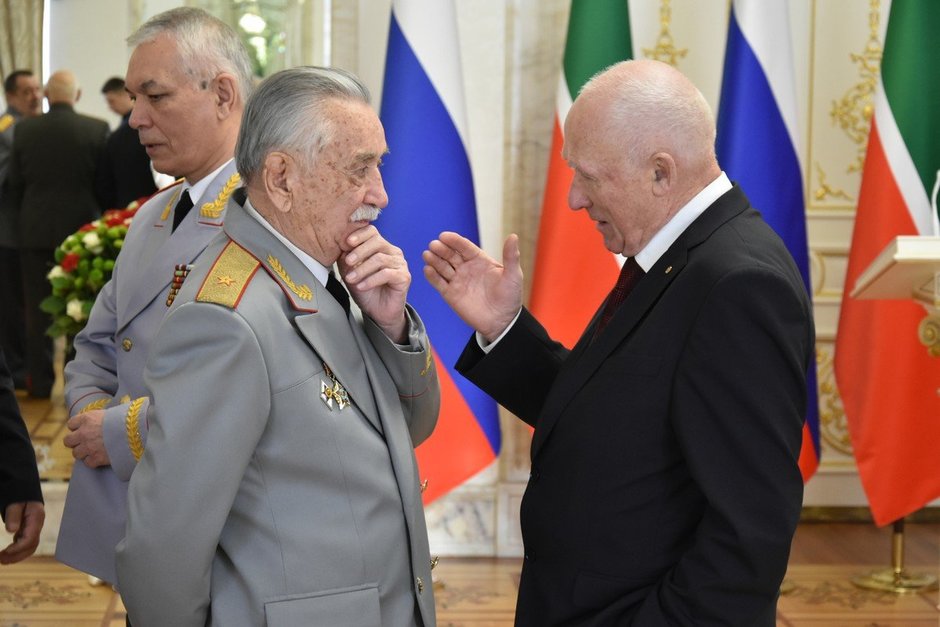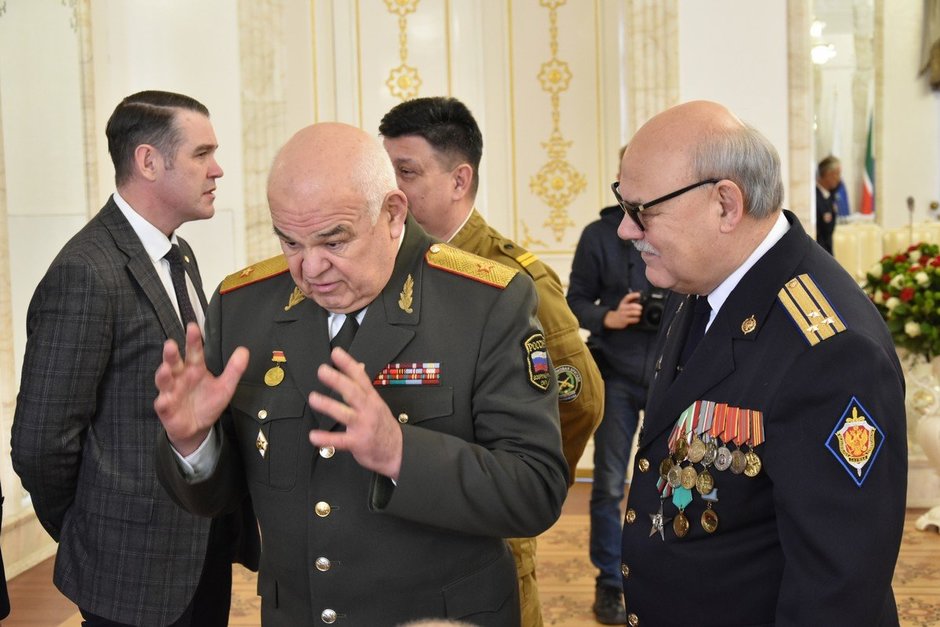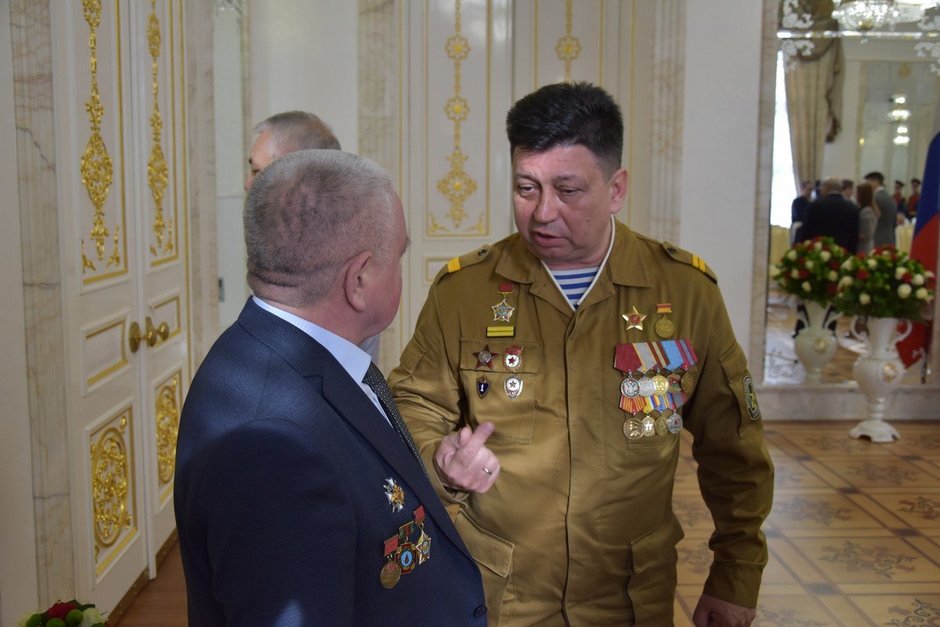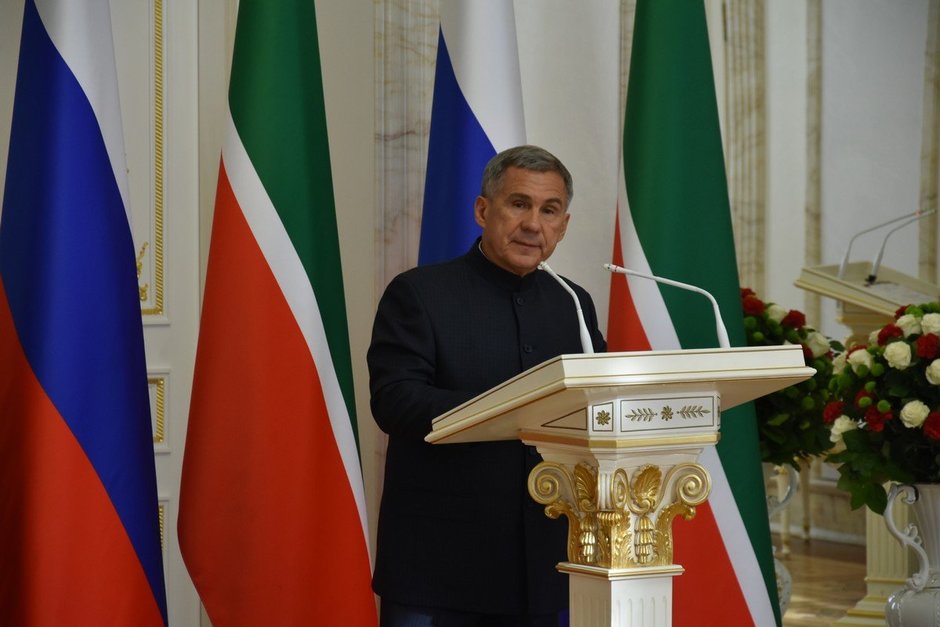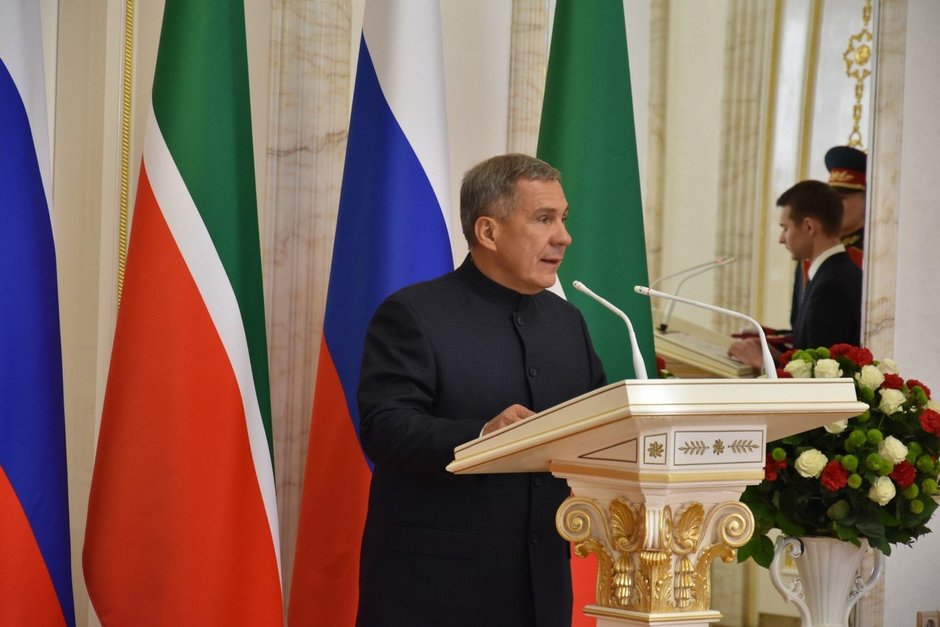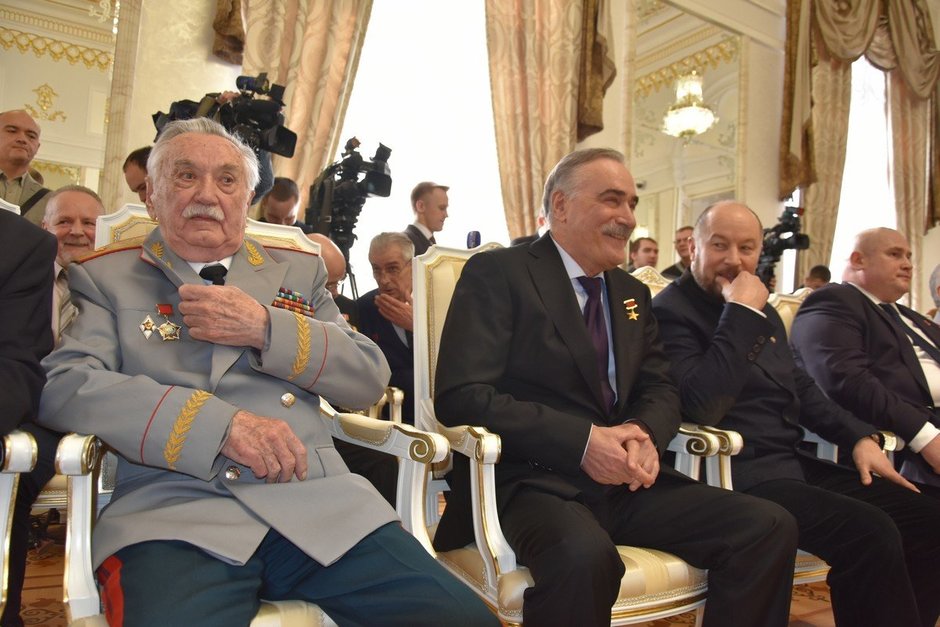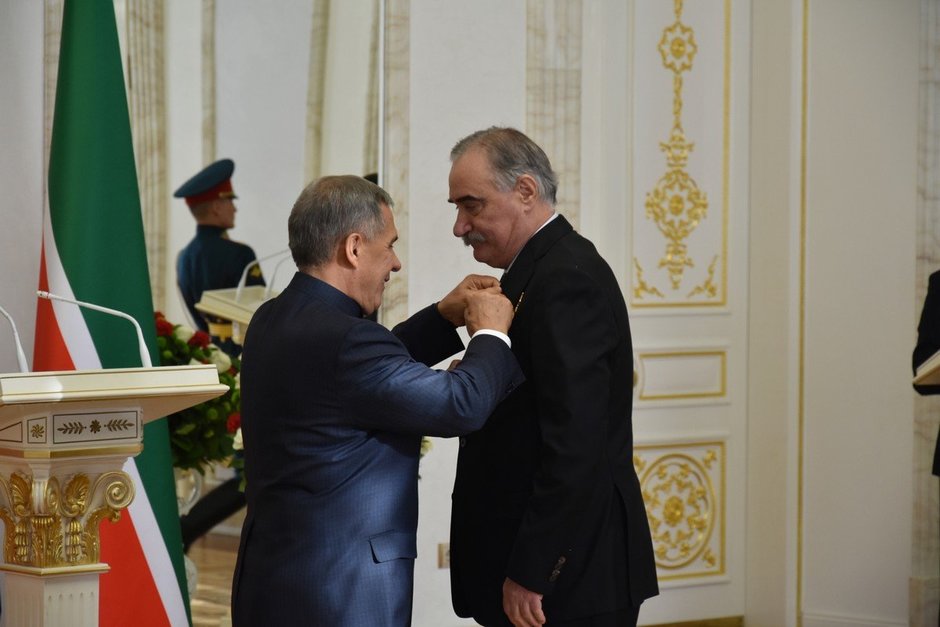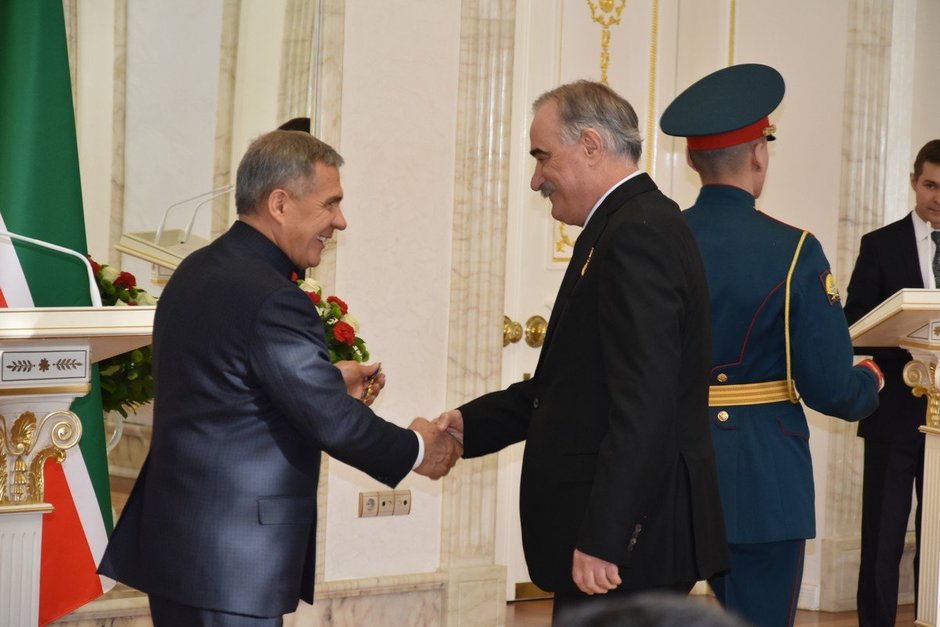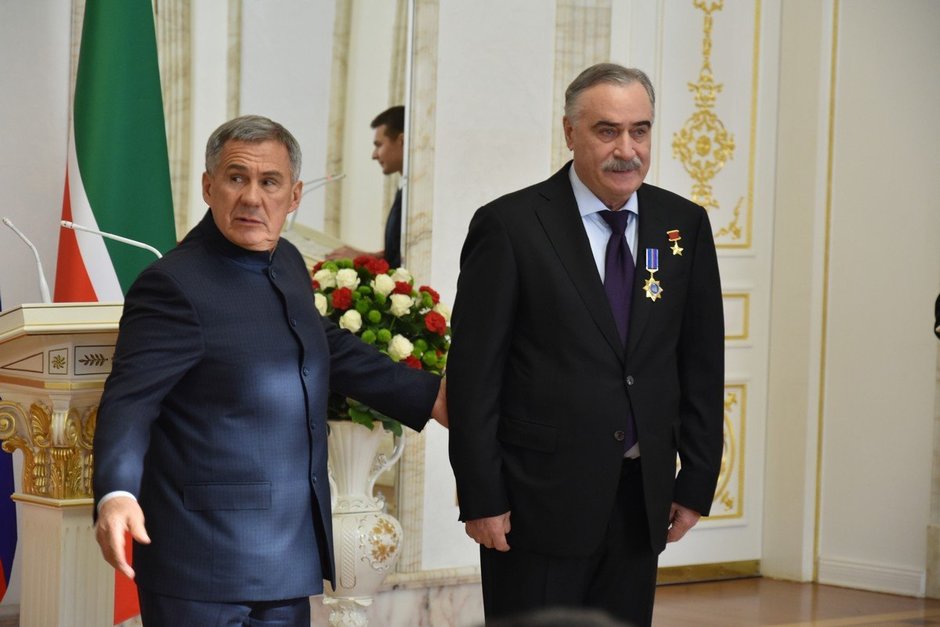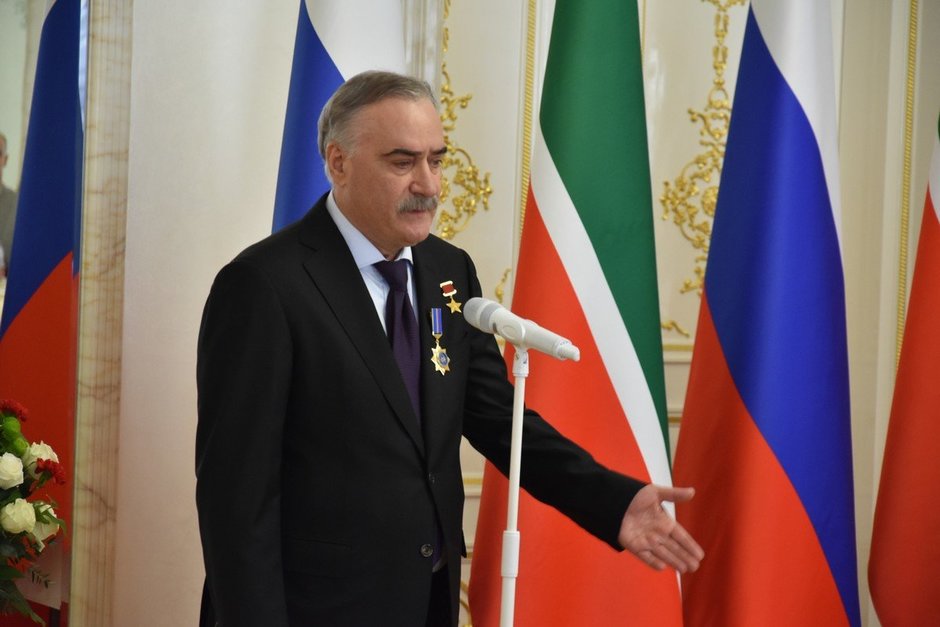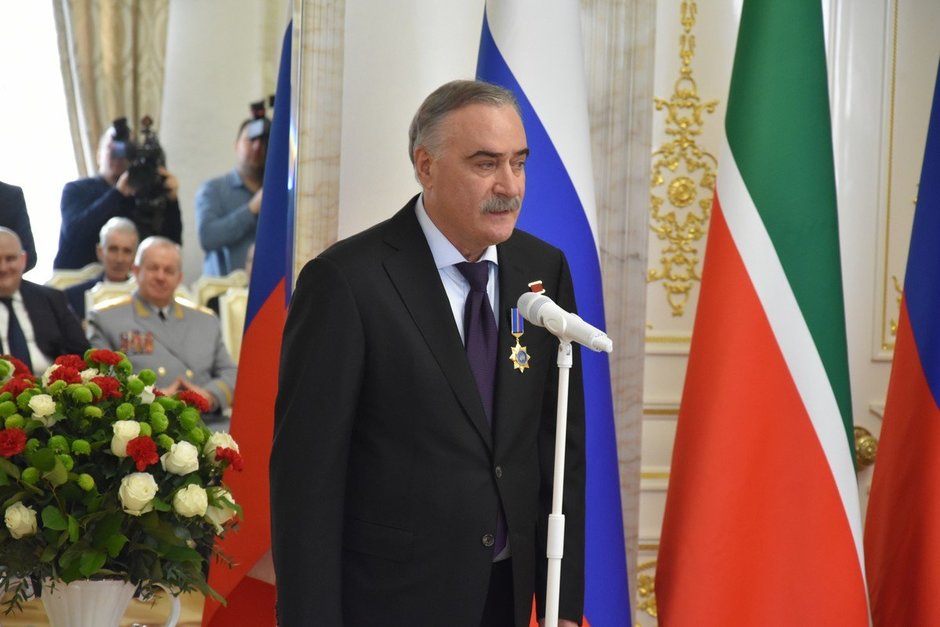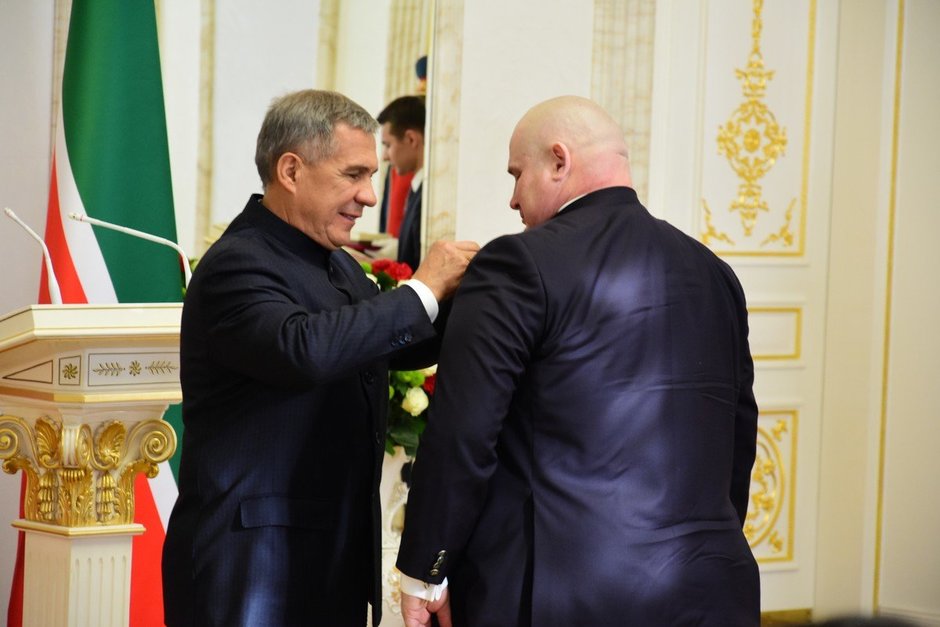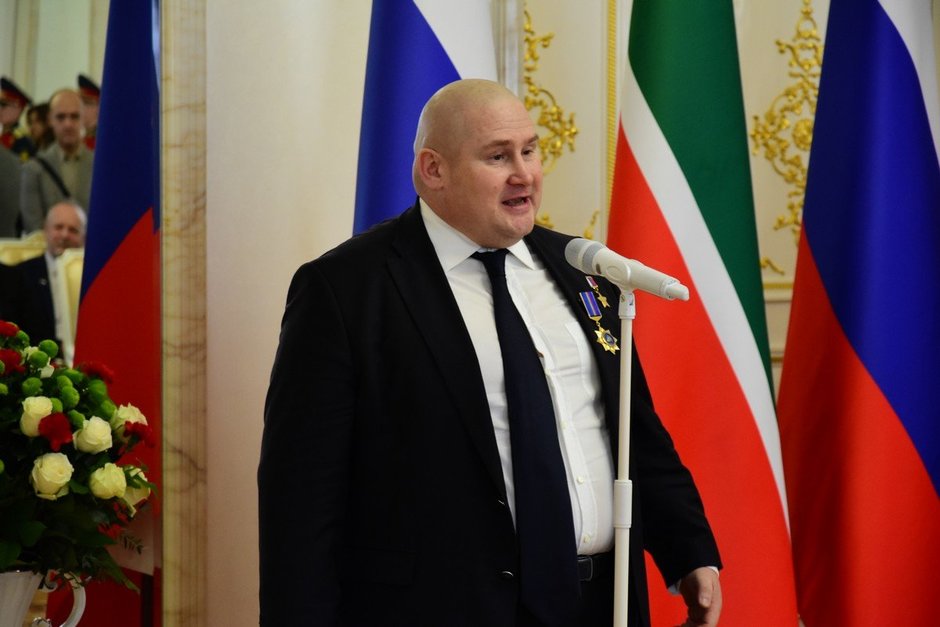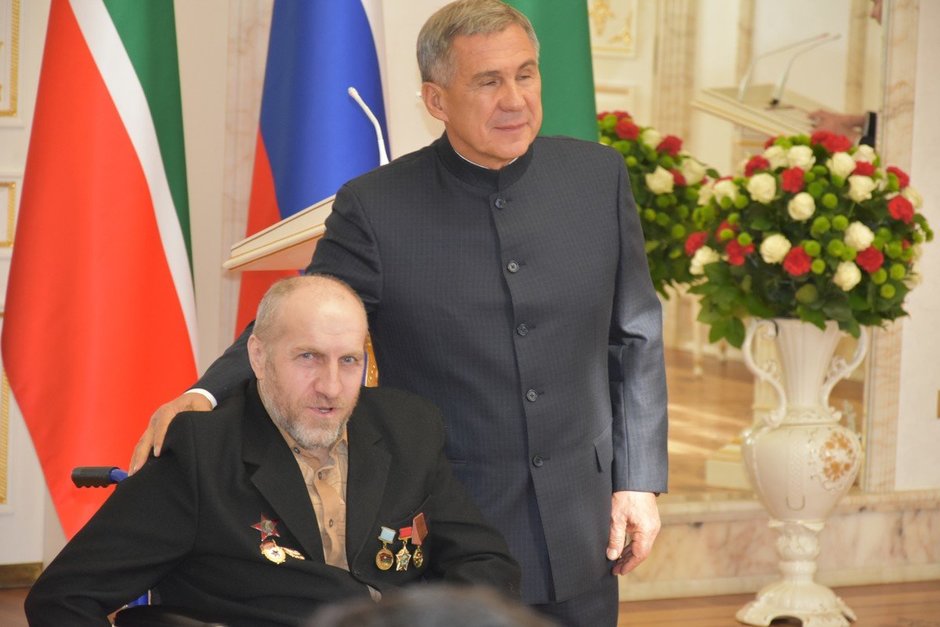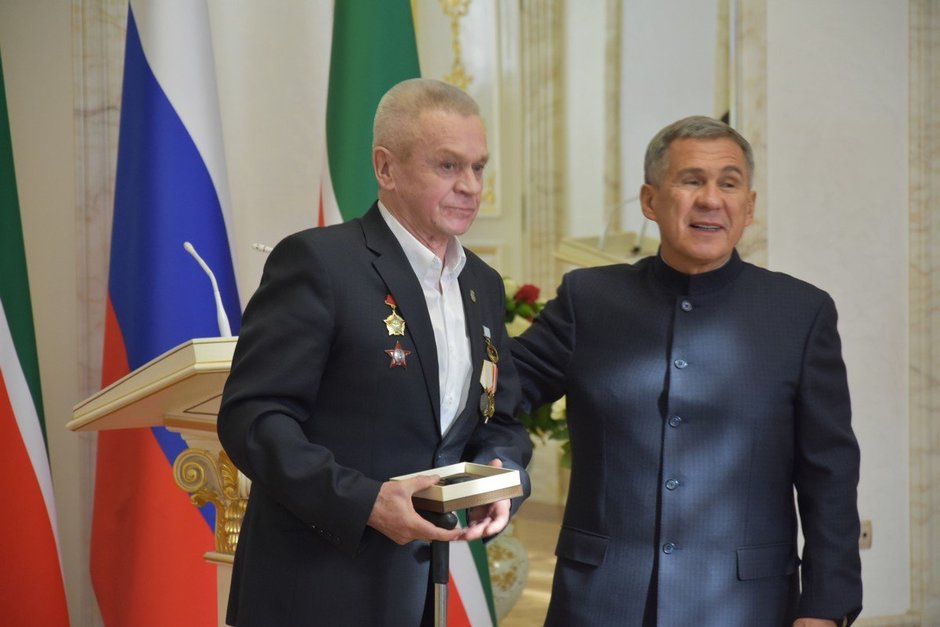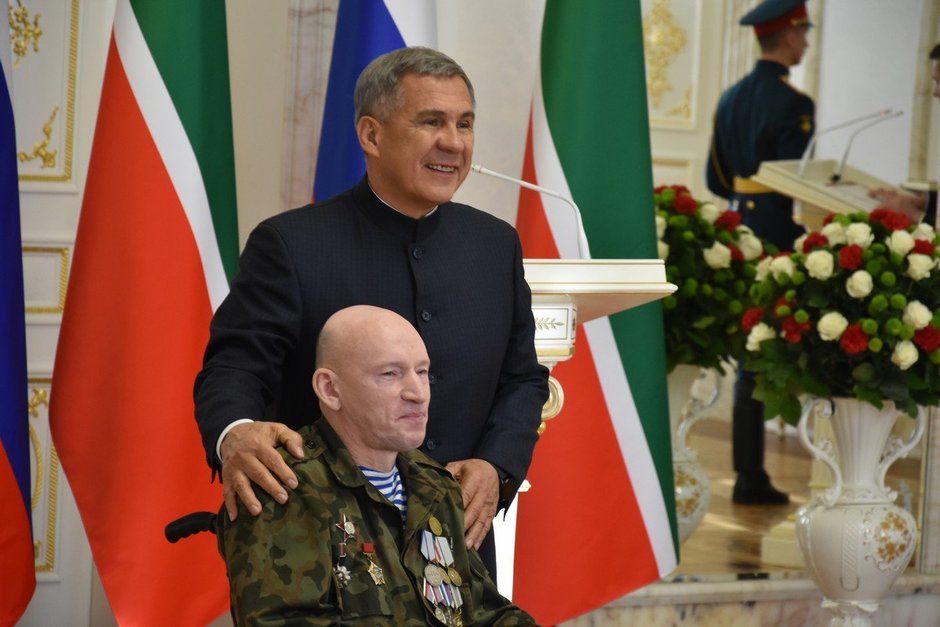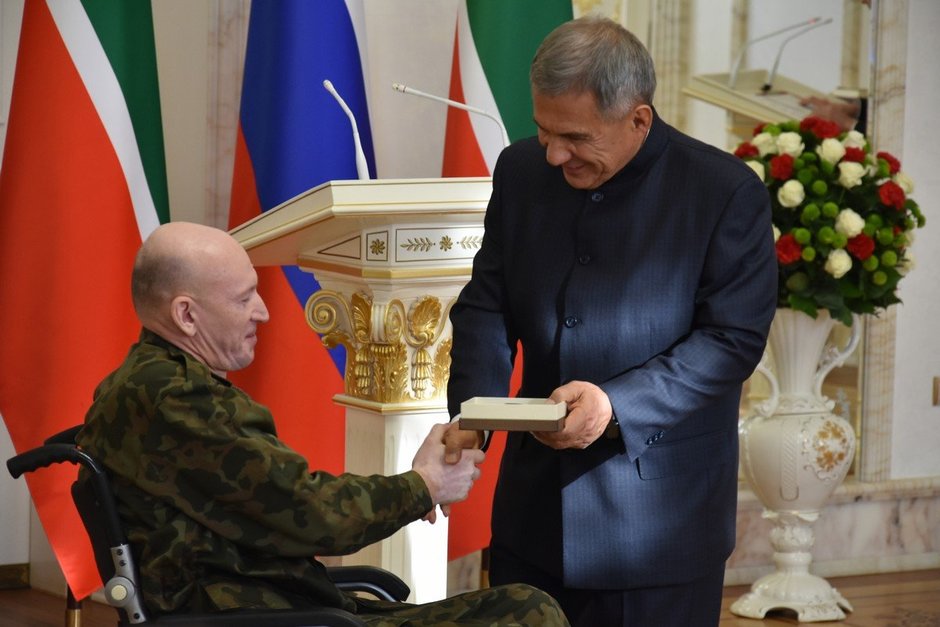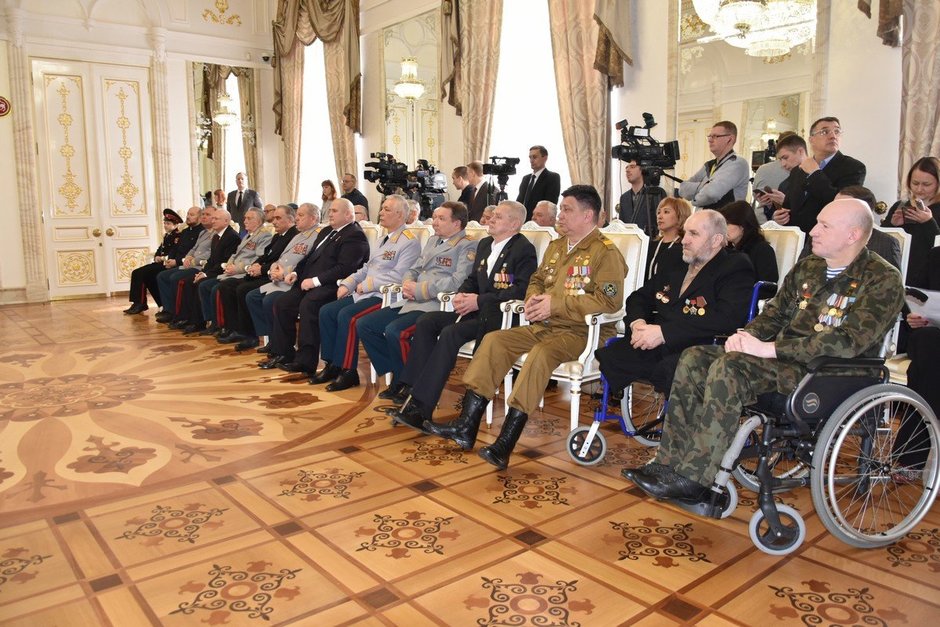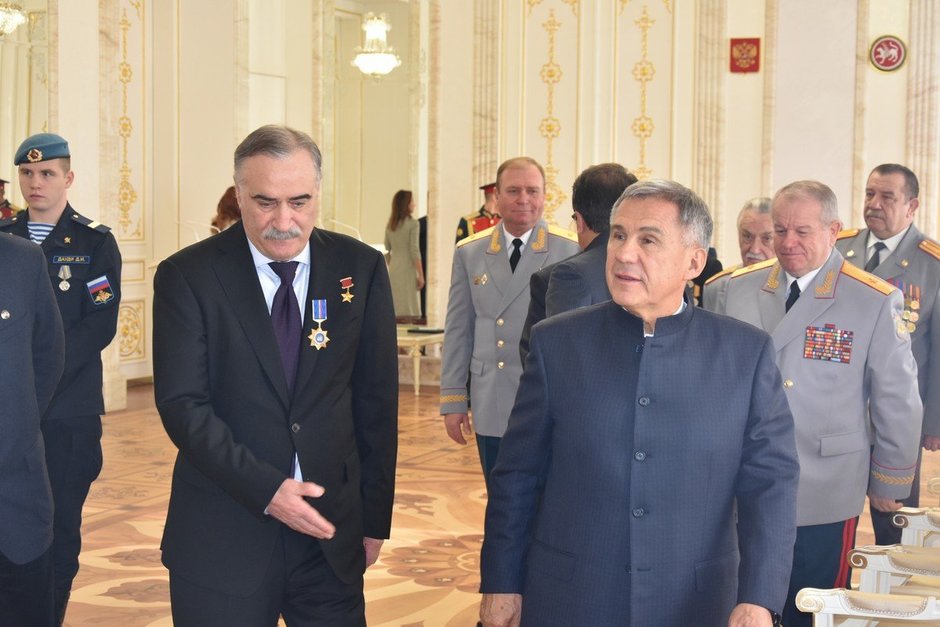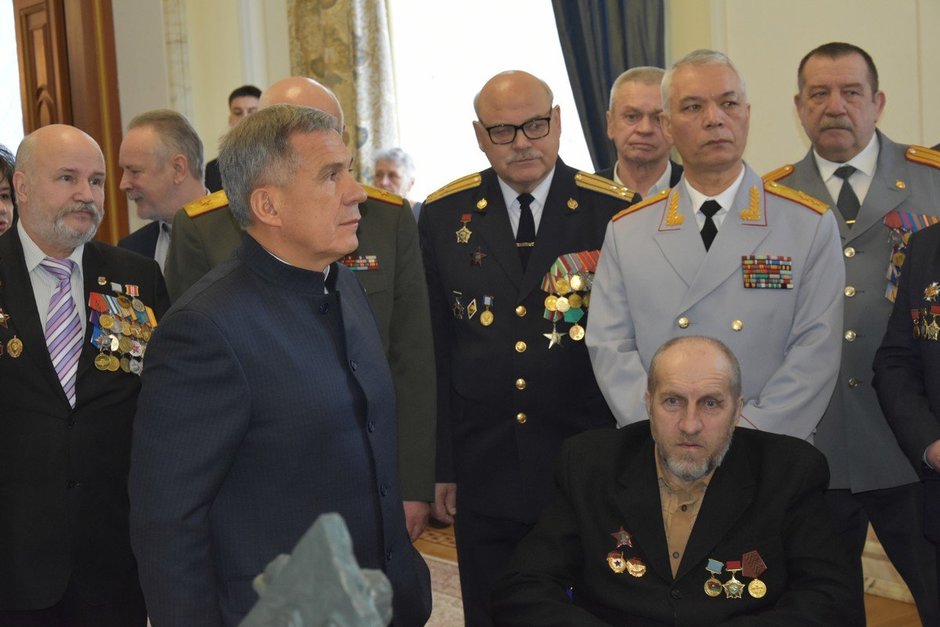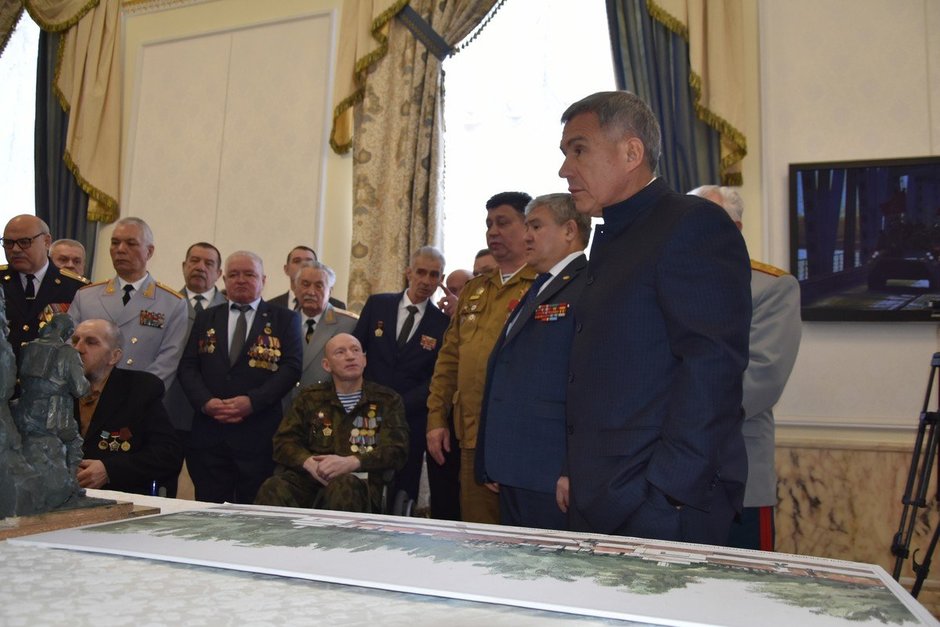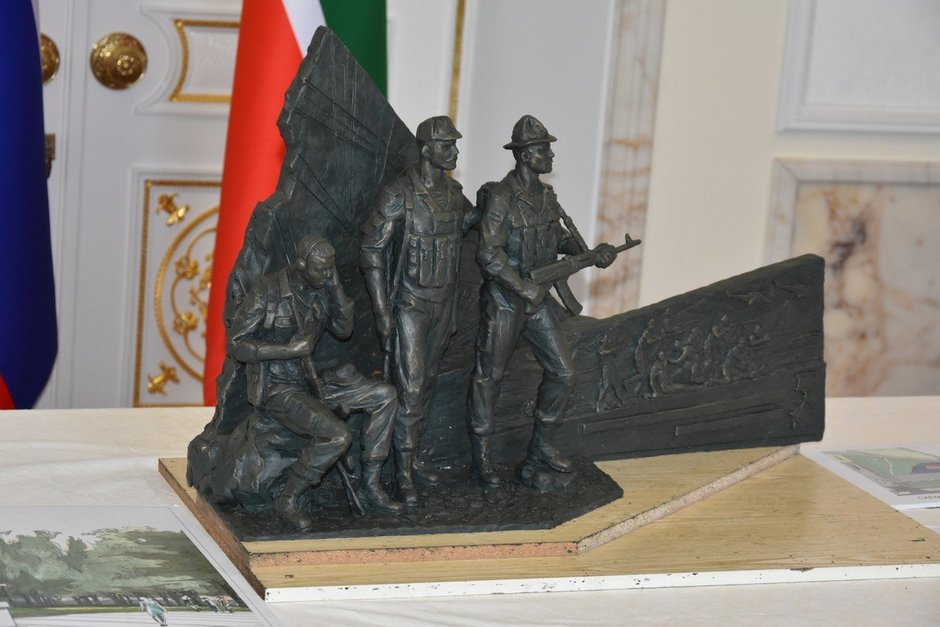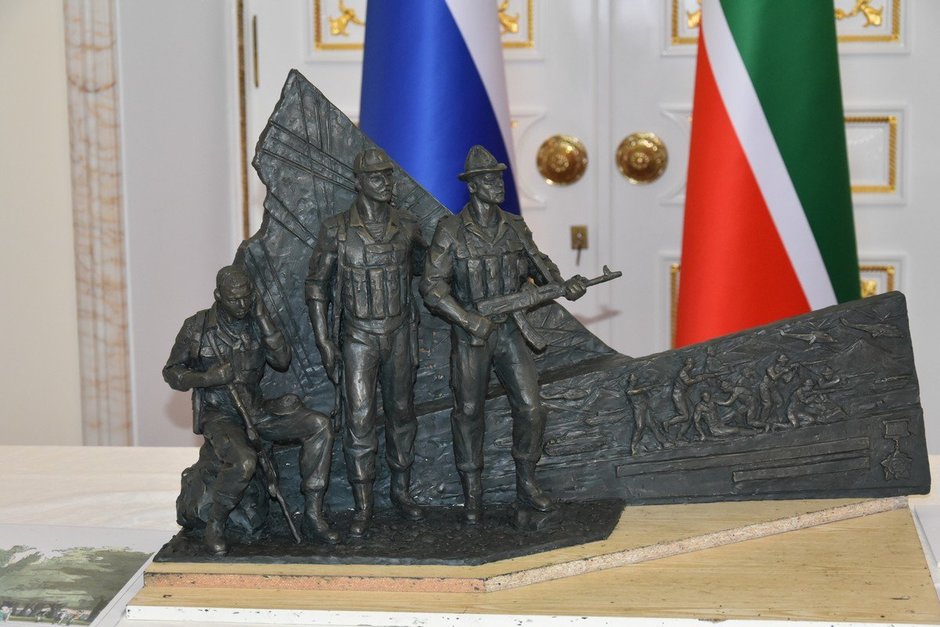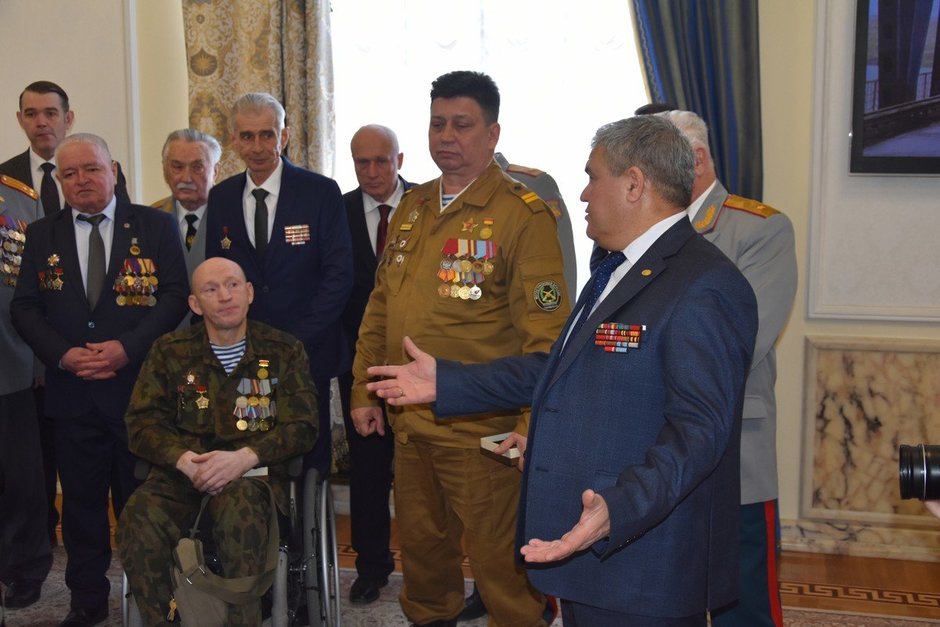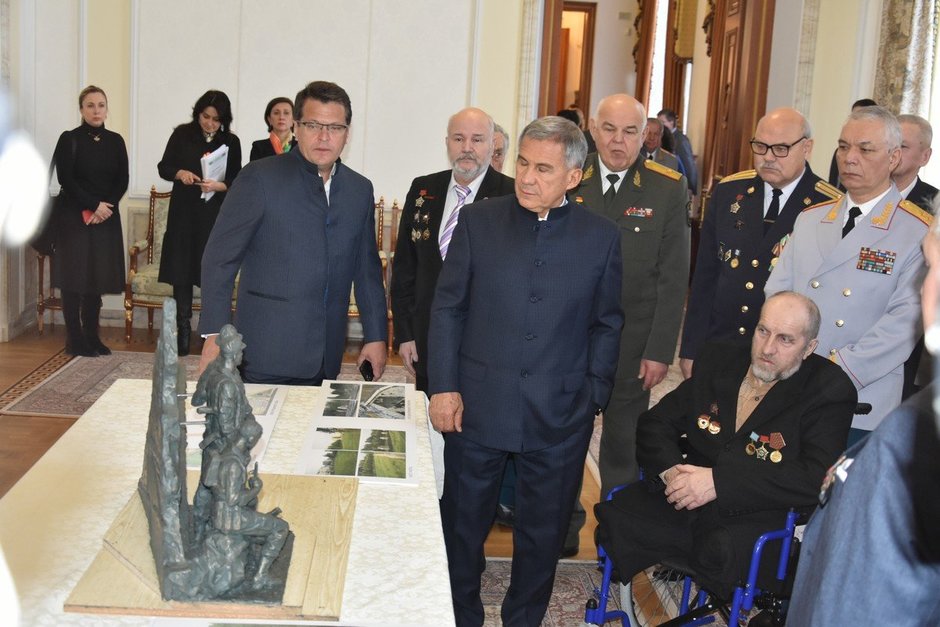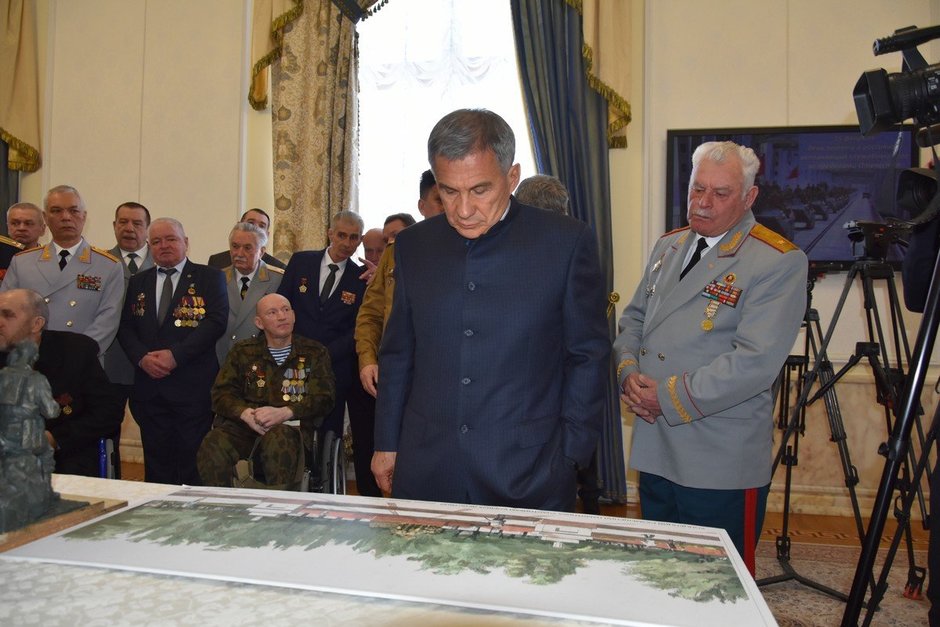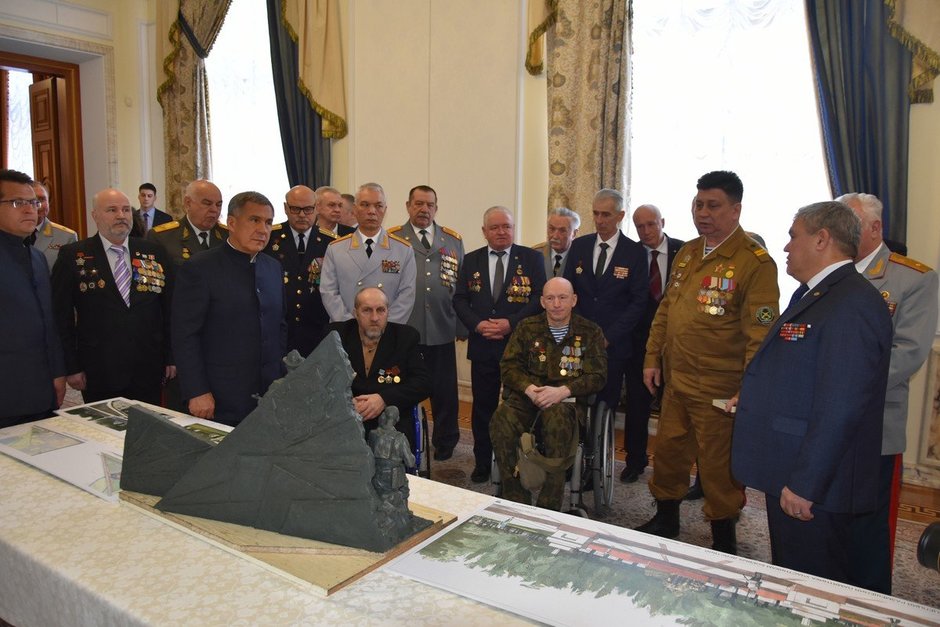Ruslan Aushev: ‘Name me at least one Russian region where less than 200,000 Tatars live’
How the first president of Ingushetia remembered his Tatar army mates and thanked Mintimer Shaimiyev
Ruslan Aushev is a prominent figure in Russia. The legendary general quite often visits Kazan and speaks very warmly about the administration of Tatarstan and the locals. He arrived in the capital of Tatarstan again last weekend and received Friendship honourable order from Rustam Minnikhanov. In his hectic schedule, the first president of Ingushetia made time and talked with Realnoe Vremya’s correspondent too.
Shadow of Nakh teip
Chairman of the Warriors-Internationalists Affairs Committee of the Council of CIS Heads of State (from 1991 to 2014), Hero of the Soviet Union, General Ruslan Aushev arrived in Kazan last weekend. It should be noted that Mr Aushev is a person who noticeably influenced the history of Russia, moreover, he is not strange to Tatarstan.
The son of repressed Ingushs in the 1940s comes from the Nakh teip of the Aushevs. Later this clan confronted Zyazikov and Yevkurov, who chaired Ingushetia after Mr Aushev. It should be noted that belonging to certain families plays quite an important role in the North Caucasus. An opinion of the council of aqsaqals and some authorities might be decisive. Every clan often has its spiritual leaders — Sufi sheikhs. And teips consolidated the Ingush peoples amid two conflicts — the Chechen and Ossetian-Ingush Conflict. Moreover, Islamic traditions and local customs are more important than state laws or international norms.
Ruslan Aushev was born and grew up in Kazakhstan. He chose a military career. He distinguished himself in battles in the Afghan War and received the most honourable title in the country in 1982 — the Hero of the Soviet Union. At the turn of the 1980-1990s, he began to deal with public and political affairs. After the division of Chechen-Ingush Autonomous Oblast, he went to Ingushetia. He became the president of the republic in 1993. He managed to halt a border conflict with Northern Ossetia (by signing several agreements with Vladikavkaz). As a person who was born outside Ingushetia and absorbed Soviet ideals, he appointed representatives of different teips to key posts and removed them appreciating, first of all, his subordinates’ personal qualities, not their origin.
There were complicated relationships with Chechnya where a military conflict had been arising since the early 1990s. As an official head of the Russian region, he was in contact with officials of Ichkeria (including Dzhokhar Dudayev), which declared independence. Moreover, he criticised the “new ideology” (Wahhabism) propagated by foreign envoys in Northern Caucasus. Federal forces attacked the militants from Ingushetia. And the military actions often extended to his region. By the way, ill-wishers accused Aushev of hiding terrorist leaders. But the information wasn’t confirmed in the end.
In 2000, Putin dismissed him from the Armed Forces as a lieutenant general. Aushev resigned from the post of the president of the Republic of Ingushetia in late 2001. He didn’t welcome Murat Zyazikov who led the region having accused of violations in the electoral campaign. By the way, former Chekist who was backed up by the federal centre comes from another influential teip. After the general criticised head of the republic Yunus-Bek Yevkurov too who agreed with Ramzan Kadyrov to re-divide the border with Chechnya. In fact, the then-governor of the republic was severely treated by representatives of the clans of the Aushevs and Yandiyevs as well as the local muftiate chaired by Isa Khamkhoyev (the Khamkhoyevs are another authoritative Ingush family).
Though Aushev left the political career, he just reinforced his public work, first of all, he supported veterans of the Afghan War. He was active in other areas too. When rebels assaulted captives in Beslan in 2004, he participated in very tough talks with terrorists. He managed to enter the school and got to have 26 people liberated — women with babies.
“I serve the Republic of Tatarstan!”
As a president of Ingushetia, he established relationships with heads of many Russian regions. He demonstrated his friendship with Mintimer Shaimiyev and Murtaza Rakhimov in every possible way. They founded the political bloc All Russia, which soon united with Luzhkov and Primakov’s Homeland. Aushev continues visiting Kazan and Ufa.
“If Mr Shaimiyev had manifested populism in the 1992-1993s, who knows what fate the Russian Federation would have had,” Aushev characterises the first president of the Republic of Tatarstan. “When it is said that the Russian Federation was conserved for some other reasons, I think it is one of the reasons — it is Mr Shaimiyev’s personal role. And the future generation will evaluate his role for both Tatarstan and the country in general only in many-many years. When I was a president of Ingushetia, I met, talked with him, learnt a lot, followed his examples many times, and his lessons were very useful for me.”
He always speaks very warmly about the first president of Bashkortostan too (he hasn’t said anything about Rustem Khamitov and Rady Khabirov). It is no secret that many issues were quickly resolved thanks to personal contact. In the 1990s, Aushev replied Rakhimov’s petitions to help Bashkir journalists in the Caucasus. Former Soviet military captive Yury Stepanov went back home — the settlement of Priyutovo (Bashkiria) — with his Afghan family in 2006. It was Aushev who asked Murtaza Rakhimov to help the native of the BASSR. And Stepanov obtained Russian citizenship, he was given a three-bedroomed flat in a newly built block and a job in one of the oil and gas enterprises.
By the way, much longer relationships have been linking Ruslan Aushev with Tatars and natives of the TASSR — since his service in Afghanistan.
“I am deeply grateful to my sergeants and commanders who were from Tatarstan. Roman Akhmetov was the commander of the tank battalion during the last service [in Afghanistan], he is a very worthy officer. There was also Minibayev who saved the company’s commander. And Vice Commander of the battalion Ibragim Sharipov died in the arms of my older brother Adam, commander of the intelligence battalion. We named our younger nephew Ibragim in his honour,” the general shared his memories when President of Tatarstan Rustam Minnikhanov awarded him the order Friendship.
During the award ceremony, Aushev pronounced: “I serve the Republic of Tatarstan and Military Brotherhood!” He noted that the order Friendship was legal proof of his good attitude to the region.
“If Tatarstan had declared full independence…”
Despite his hectic schedule, Aushev made time to talk with Realnoe Vremya’s correspondent.
Mr Aushev, did the service in Afghanistan help at work later?
The service in Afghanistan let me understood processes, and I began to look at many things differently. The service in Afghanistan helped me at work as president of the republic [of Ingushetia]. And now I deal with public affairs, educate the growing generation, make trips, travel. I had an opportunity to come to Kazan and I have arrived.
In general my personal conviction is that it is necessary, of course, to create a state organ for veterans’ affairs in such countries as Russia that performs a lot of military tasks in local conflicts
Is there sufficient support for the Afghans in Ingushetia?
In general, yes. Our republic is small. There is a handful of veterans of the Great Patriotic War, there are Afghan veterans too. But a region of the Russian Federation can’t be separated from the whole country. In general my personal conviction is that it is necessary, of course, to create a state organ for veterans’ affairs in such countries as Russia that performs a lot of military tasks in local conflicts.
How do you assess the patriotism of today’s youth?
It is very good. I constantly see them in different events.
Mr Aushev, once you claimed that the Russian Federation survived thanks to Shaimiyev…
If Tatarstan had declared full independence in 1991 or 1992, what would have happened? Do you know how many Tatars live outside Tatarstan? There are a lot of Tatarstan in Moscow. Name me at least one Russian region where less than 200,000 Tatars live. For instance the Volga region. How many problems Chechnya had — it is 17,000 square metres. And here 5-6 million Tatars live in Russia, it is the second dominant nation in the country.
As for nations, by the way. There will be a census this year. Will you participate in it? What are your answers to the main questions?
I will. My nationality is Ingush, my mother tongue is Ingush. By religion I am Muslim. Allahu akbar.
